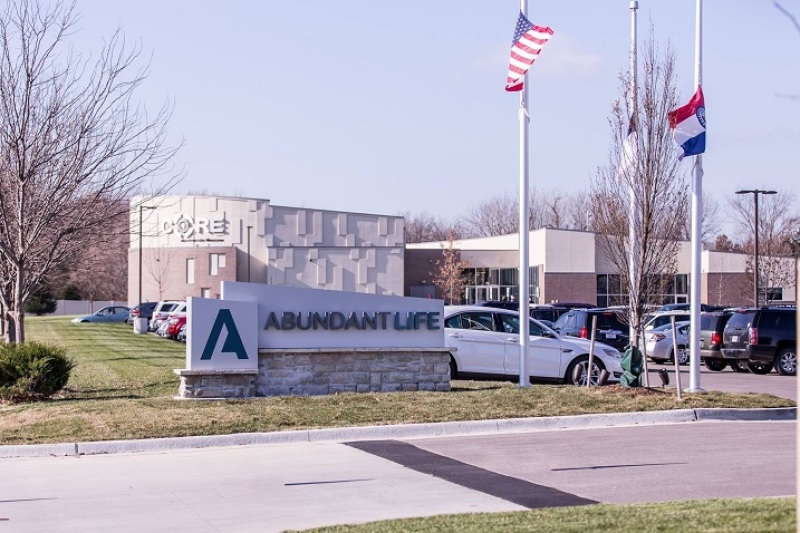
A megachurch in Missouri will be receiving nearly $150,000 from its county as settlement for a lawsuit over COVID-19 restrictions.
The Christian Post said Jackson County will be paying Abundant Life Baptist Church $146,750 in line with a lawsuit's partial settlement. The county will also pay the church's attorney's fees as part of the settlement.
Abundant Life Baptist Church, founded by former Police Sergeant Phil Hopper in 2000 at Lee's Summit, filed the lawsuit last May 2020 at the United States District Court for the Western District of Missouri. Abundant Life claimed that the county imposed harsher COVID-19 restrictions on places of worship than non-religious organizations.
The settlement was approved on Monday, October 18, by the legislature of Jackson County. The settlement ensures future enforcement measures for COVID-19 would not be harsher on places of worship than secular entities in exchange for the lawsuit being dropped by Abundant Life Baptist Church.
Jackson County Legislator Dan Tarwater, one of the six who approved the settlement, told the Kansas City Star in an interview that they believed they were "going to lose the case" and, as such, agreed with the settlement. Tarwater said that three of the legislators disapproved the settlement since the county government will be paying for it together with Truman Medical Centers, which runs the county's health department.
"I kind of wanted to wait and see if we could win. But the county's lawyers said it was futile to continue," Tarwater disclosed.
The lawsuit claimed that the county violated Abundant Life's freedom of religion and free speech alongside the right of people to peaceful assembly for singling "out religious activity for disparate and unfair treatment." when it released on May 11 its reopening guidelines.
As per the guidelines, "non-essential retail stores, personal services, and restaurants and bars serving food could reopen to the public if they follow CDC recommended social distancing recommendations, adopt a social distancing protocol, and restrict the number of individuals in a building using formulas based on the facility's occupancy load."
The county accordingly only allowed the church to hold gatherings of no more than 10 people despite it able to host thousands weekly in its Blue Springs and Lee's Summit locations. While secular entities such as bars, stores, and restaurants had a 10% to 25% capacity limit to the number of people who can gather in them following social distancing requirements.
In line with this, the lawsuit raised violations against the Missouri Constitution that states that "all men and women have a natural and indefeasible right to worship Almighty God according to their own consciences." The same constitution states that the government "shall ensure that any person shall have the right to pray individually or corporately in a private or public setting so long as such prayer does not result in disturbance of the peace or disruption of a public meeting or assembly."
"Defendants' orders impermissibly discriminate against religiously-motivated gatherings and in favor of commercially-motivated gatherings," the lawsuit said.
"Religious institutions must not be singled out for special burdens," it stressed in line with former Attorney General William Barr's guidance on the said restrictions.
Barr's guidelines emphasize that "impos(ing) special restrictions on religious activity that do not also apply to similar nonreligious activity" are prohibited to be implemented by the government in line with "the First Amendment and federal statutory law."
























